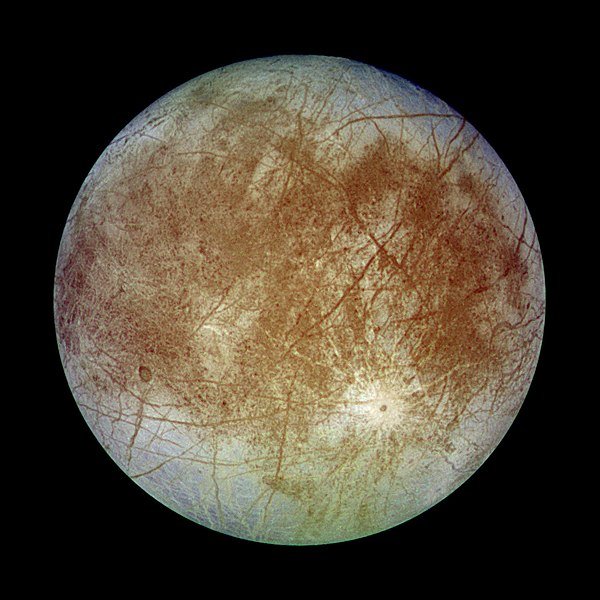Europa is a fascinating moon of Jupiter that is believed to have a subsurface ocean of liquid water. Recent studies have shown that the ocean may be in contact with the rocky mantle, making it a promising place to search for life beyond Earth. One of the challenges in studying Europa's potential habitability is understanding the stability and composition of non-ice materials, such as vitreous salt hydrates, on its surface. A Linkam LTS420 stage was used in this paper to vitrify aqueous solutions of MgSO₄, in order to replicate Europa like conditions, to probe potential the stability of extra-terrestrial salt hydrates.
Fluid Inclusion Studies of Chemosynthetic Carbonates: Strategy for Seeking Life on Mars
Astrobiology is a field that investigates the potential of fluid inclusions in minerals from other worlds. These inclusions are microscopic chambers that capture and preserve ambient fluids during mineral precipitation, potentially including biosignatures and physical remains of extra-terrestrial life. The researchers’ work, which centres on chemosynthetic carbonates and other surficial rock types, utilises cutting-edge technology to extract and analyse these inclusions, providing a fresh viewpoint in the field of astrobiology using a Linkam THM600 stage, the predecessor to the Linkam THMS600 stage.





